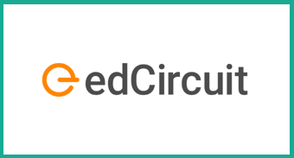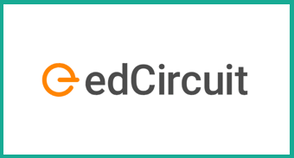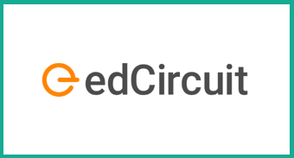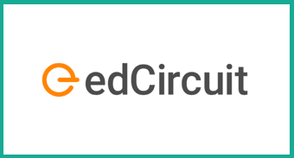
While there is no denying the challenge, educators worldwide are also seeing it as an opportunity to include diverse, real-world activities into their students’ STEM-learning experiences.
 The pandemic has upended nearly every aspect of our lives and most significantly in areas of education. Students and educators all around the world are gearing up to a new way of learning and teaching, and many subjects have successfully transitioned online. However, STEM learning is a particularly challenging area to replicate online since it requires fieldwork and physical access to laboratories. While there is no denying the challenge, educators worldwide are also seeing it as an opportunity to include diverse, real-world activities into their students’ STEM-learning experiences.
2 Comments

Jethro Jones, award-winning school leader and host of the Transformative Principal Podcast, is the guest on this episode of Mind the Gap. Jethro is author of the new book SchoolX: How principals can design a transformative school experience for students, teachers, parents – and themselves. In the interview, Jethro discusses his passion for focusing on the students who often feel “invisible” and shares stories from his school where staff and faculty were able to make this happen. He also explains how he personalizes the learning experience by responding to each student in a unique way rather than individualizing lesson plans, how he brings the design thinking process – including “prototyping” – to school leadership, how to make decisions that are based on the primary goals of your school, and more.

In the debut episode of Future of School: The Podcast (subscribe here), you’ll hear compelling perspectives and personal stories from a variety of participants in the U.S. education ecosystem. The episode begins with “Amy’s Thoughts,” presented by Future of School CEO―and the host of this podcast―Amy Valentine. Amy defines and describes the important differences between crisis schooling and effective online education (0:37).
 In 1971, Edward Deci, Professor of Psychology, and his team conducted a series of experiments to understand the relationship between motivation, reward and performance. In one experiment, students were given puzzles to solve, which they found engaging in itself. Students in the experimental group were paid money to work on the puzzles on the second day, while the control group did not receive any money. The experimenter gave a break in the middle of the experiment each day to see how long students played with the puzzles when left alone, as an indicator of their intrinsic motivation. |
EditorialsHere you can find the Round Up's collection of editorial pieces and press releases where we will discuss the latest trends and ideas in educational technology FeaturedCheck out our featured review | ClassroomAPP: A Complete, K-12 Digital Platform for Online and In-Person Classrooms
ConnectAwardsArchives
November 2020
|
|
Except where noted, content on this site is licensed under a Creative Commons Attribution 3.0 License |
